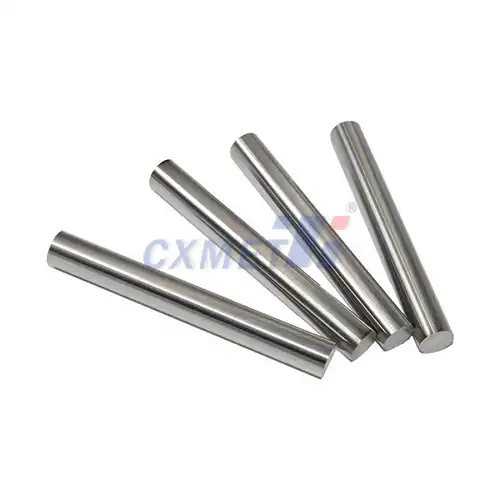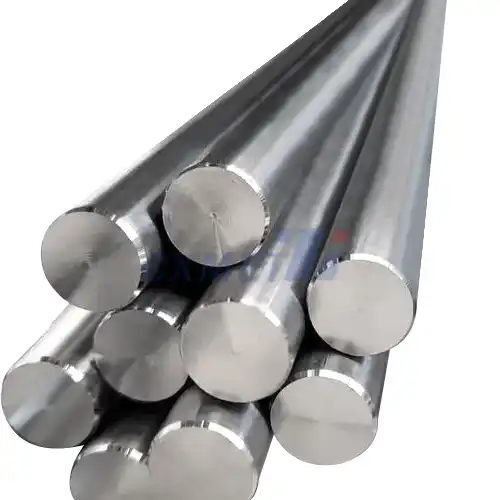- English
- French
- German
- Portuguese
- Spanish
- Russian
- Japanese
- Korean
- Arabic
- Greek
- German
- Turkish
- Italian
- Danish
- Romanian
- Indonesian
- Czech
- Afrikaans
- Swedish
- Polish
- Basque
- Catalan
- Esperanto
- Hindi
- Lao
- Albanian
- Amharic
- Armenian
- Azerbaijani
- Belarusian
- Bengali
- Bosnian
- Bulgarian
- Cebuano
- Chichewa
- Corsican
- Croatian
- Dutch
- Estonian
- Filipino
- Finnish
- Frisian
- Galician
- Georgian
- Gujarati
- Haitian
- Hausa
- Hawaiian
- Hebrew
- Hmong
- Hungarian
- Icelandic
- Igbo
- Javanese
- Kannada
- Kazakh
- Khmer
- Kurdish
- Kyrgyz
- Latin
- Latvian
- Lithuanian
- Luxembou..
- Macedonian
- Malagasy
- Malay
- Malayalam
- Maltese
- Maori
- Marathi
- Mongolian
- Burmese
- Nepali
- Norwegian
- Pashto
- Persian
- Punjabi
- Serbian
- Sesotho
- Sinhala
- Slovak
- Slovenian
- Somali
- Samoan
- Scots Gaelic
- Shona
- Sindhi
- Sundanese
- Swahili
- Tajik
- Tamil
- Telugu
- Thai
- Ukrainian
- Urdu
- Uzbek
- Vietnamese
- Welsh
- Xhosa
- Yiddish
- Yoruba
- Zulu
What Industries Commonly Use Nitinol bar Stock?
2025-05-19 17:28:09
Nitinol, a remarkable nickel-titanium alloy, has gained significant popularity across various industries due to its unique properties, including shape memory and superelasticity. Nitinol bar stock, in particular, is widely used in manufacturing components and devices that require these exceptional characteristics. This blog post will explore the industries that commonly utilize Nitinol bar stock and delve into some frequently asked questions about its applications.
|
|
|
How is Nitinol bar stock used in the medical industry?
The medical industry is one of the primary sectors that extensively utilizes Nitinol bar stock due to its biocompatibility and unique properties. Medical device manufacturers leverage Nitinol's shape memory and superelastic qualities to create a wide range of innovative products that enhance patient care and treatment outcomes.
One of the most common applications of Nitinol bar stock in the medical field is the production of stents. These small, mesh-like tubes are used to open blocked arteries and maintain blood flow. Nitinol's superelasticity allows stents to be compressed into a small diameter for insertion through a catheter and then expand to their original shape once deployed in the artery. This property makes Nitinol stents particularly effective for treating cardiovascular diseases and improving patient outcomes.
Another significant use of Nitinol bar stock in medicine is the manufacturing of guidewires. These thin, flexible wires are essential in minimally invasive procedures, guiding catheters and other medical devices through blood vessels or other body cavities. Nitinol's superelasticity and kink resistance make it an ideal material for guidewires, allowing for precise navigation through complex anatomical structures without the risk of breaking or permanently deforming.
Orthodontic archwires are another notable application of Nitinol bar stock in the medical industry. These wires, used in braces and other dental alignment devices, take advantage of Nitinol's shape memory properties. When heated to body temperature, Nitinol archwires gradually return to their original shape, applying consistent and gentle pressure to move teeth into the desired position. This characteristic makes Nitinol-based orthodontic treatments more comfortable and efficient compared to traditional materials.
Surgical instruments and tools also benefit from the use of Nitinol bar stock. For instance, laparoscopic instruments made from Nitinol can be designed to change shape once inside the body, allowing for more complex maneuvers in minimally invasive surgeries. Additionally, Nitinol-based surgical clips and staples can be easily deployed and securely hold tissue together, making them valuable in various surgical procedures.
The medical industry continues to explore new applications for Nitinol bar stock, including its use in spinal implants, bone anchors, and even artificial heart valves. As research progresses, it is likely that we will see even more innovative medical devices leveraging the unique properties of Nitinol to improve patient care and treatment outcomes.
What are the applications of Nitinol bar stock in the aerospace industry?
The aerospace industry has increasingly recognized the potential of Nitinol bar stock in various applications, capitalizing on its unique properties to enhance performance and reliability in aircraft and spacecraft components. The extreme conditions encountered in aerospace environments make Nitinol an attractive material for engineers and designers seeking innovative solutions.
One of the primary applications of Nitinol bar stock in the aerospace industry is in the development of adaptive structures and morphing aircraft components. These structures can change their shape in response to different flight conditions, optimizing aerodynamic performance and fuel efficiency. For example, Nitinol-based actuators can be used to adjust the curvature of aircraft wings or control surfaces, allowing for better maneuverability and adaptability to various flight regimes.
Vibration damping is another crucial area where Nitinol bar stock proves valuable in aerospace applications. The material's superelastic properties allow it to absorb and dissipate energy effectively, reducing vibrations in aircraft structures and components. This characteristic is particularly beneficial in helicopter rotor systems, where Nitinol-based dampers can help mitigate vibrations and improve overall performance and passenger comfort.
Nitinol bar stock is also used in the manufacturing of deployable structures for spacecraft. Solar array deployment mechanisms, antenna systems, and other expandable components can benefit from Nitinol's shape memory properties. These structures can be compactly stored during launch and then deployed to their full size once in orbit, maximizing payload efficiency and functionality.
In aircraft engine systems, Nitinol bar stock finds applications in variable geometry components. For instance, Nitinol-based actuators can be used to adjust engine inlet geometries or nozzle configurations, optimizing performance across different flight conditions. The material's high fatigue resistance and ability to withstand extreme temperatures make it well-suited for these demanding applications.
The aerospace industry also utilizes Nitinol bar stock in the development of self-healing materials and structures. By incorporating Nitinol elements into composite materials, engineers can create structures that can recover from small-scale damage or deformation, potentially improving the longevity and reliability of aircraft components.
As the aerospace industry continues to push the boundaries of technology and performance, the unique properties of Nitinol bar stock are likely to play an increasingly important role in future innovations. From adaptive structures to advanced propulsion systems, the potential applications of this remarkable material in aerospace engineering are vast and continue to expand.
|
|
|
How does the automotive industry utilize Nitinol bar stock?
The automotive industry has been exploring and implementing various applications of Nitinol bar stock to enhance vehicle performance, safety, and efficiency. The unique properties of Nitinol, particularly its shape memory and superelasticity, offer innovative solutions to many challenges faced by automotive engineers and designers.
One of the primary applications of Nitinol bar stock in the automotive sector is in the development of advanced actuators and sensors. These components can be used in various vehicle systems, from engine management to comfort features. For example, Nitinol-based actuators can be employed in adaptive headlight systems, automatically adjusting the beam direction based on steering input and road conditions. Similarly, Nitinol sensors can be used to monitor temperature, pressure, or mechanical stress in critical vehicle components, providing real-time data for improved performance and safety.
The shape memory properties of Nitinol bar stock are particularly valuable in creating self-repairing or adaptive structures in vehicles. For instance, Nitinol-reinforced bumpers or body panels can be designed to return to their original shape after minor collisions or dents, potentially reducing repair costs and maintaining vehicle aesthetics. This technology could also be applied to developing more resilient and longer-lasting automotive components, such as suspension systems or engine mounts.
In the realm of automotive safety, Nitinol bar stock is being explored for use in advanced restraint systems. The material's superelastic properties can be leveraged to create more responsive and adaptable seatbelt tensioners or airbag deployment mechanisms. These systems could potentially provide better protection for occupants across a wider range of crash scenarios, adapting to the specific forces and dynamics of each collision.
The automotive industry is also investigating the use of Nitinol bar stock in thermal management systems. As vehicles become increasingly electrified, efficient thermal management becomes crucial for battery performance and longevity. Nitinol-based heat exchangers or thermal switches could offer more precise and responsive temperature control, potentially improving the overall efficiency and range of electric vehicles.
Another area where Nitinol bar stock shows promise is in the development of energy harvesting systems for vehicles. The material's unique properties can be used to create devices that convert mechanical vibrations or thermal gradients into electrical energy, potentially supplementing the vehicle's power systems and improving overall efficiency.
As the automotive industry continues to evolve towards more advanced, efficient, and autonomous vehicles, the applications of Nitinol bar stock are likely to expand further. From improving safety systems to enhancing the performance of electric and hybrid powertrains, this versatile material offers numerous opportunities for innovation in automotive engineering.
Conclusion
In conclusion, Nitinol bar stock has found widespread applications across various industries, including medical, aerospace, and automotive sectors. Its unique properties of shape memory and superelasticity make it an invaluable material for developing innovative products and solutions. As research and development continue, we can expect to see even more creative applications of Nitinol bar stock, pushing the boundaries of what's possible in engineering and design across multiple industries.
At SHAANXI CXMET TECHNOLOGY CO., LTD, we take pride in our extensive product range, which caters to diverse customer needs. Our company is equipped with outstanding production and processing capabilities, ensuring the high quality and precision of our products. We are committed to innovation and continuously strive to develop new products, keeping us at the forefront of our industry. With leading technological development capabilities, we are able to adapt and evolve in a rapidly changing market. Furthermore, we offer customized solutions to meet the specific requirements of our clients. If you are interested in our products or wish to learn more about the intricate details of our offerings, please do not hesitate to contact us at sales@cxmet.com. Our team is always ready to assist you.
|
|
|
References
- Johnson Matthey Medical Components. (n.d.). Nitinol Applications in the Medical Industry.
- Aerospace Manufacturing and Design. (2019). Nitinol in Aerospace Applications.
- SAE International. (2018). Nitinol: Shaping the Future of Automotive Engineering.
- NDC. (n.d.). Nitinol Wire, Tube, and Sheet Stock.
- SAES Getters. (n.d.). Nitinol for Medical Devices.
- ASM International. (2016). Shape Memory and Superelastic Alloys: Applications and Technologies.
- Journal of Materials Engineering and Performance. (2019). Recent Advances in Nitinol Technology for Biomedical Applications.
- Materials Today. (2020). Nitinol-based Smart Materials and Structures for Aerospace Applications.
- Advanced Materials & Processes. (2018). Nitinol in the Automotive Industry: Current Applications and Future Prospects.
- Acta Materialia. (2017). Nitinol: A Review of Its Properties and Applications in Biomedical Engineering.






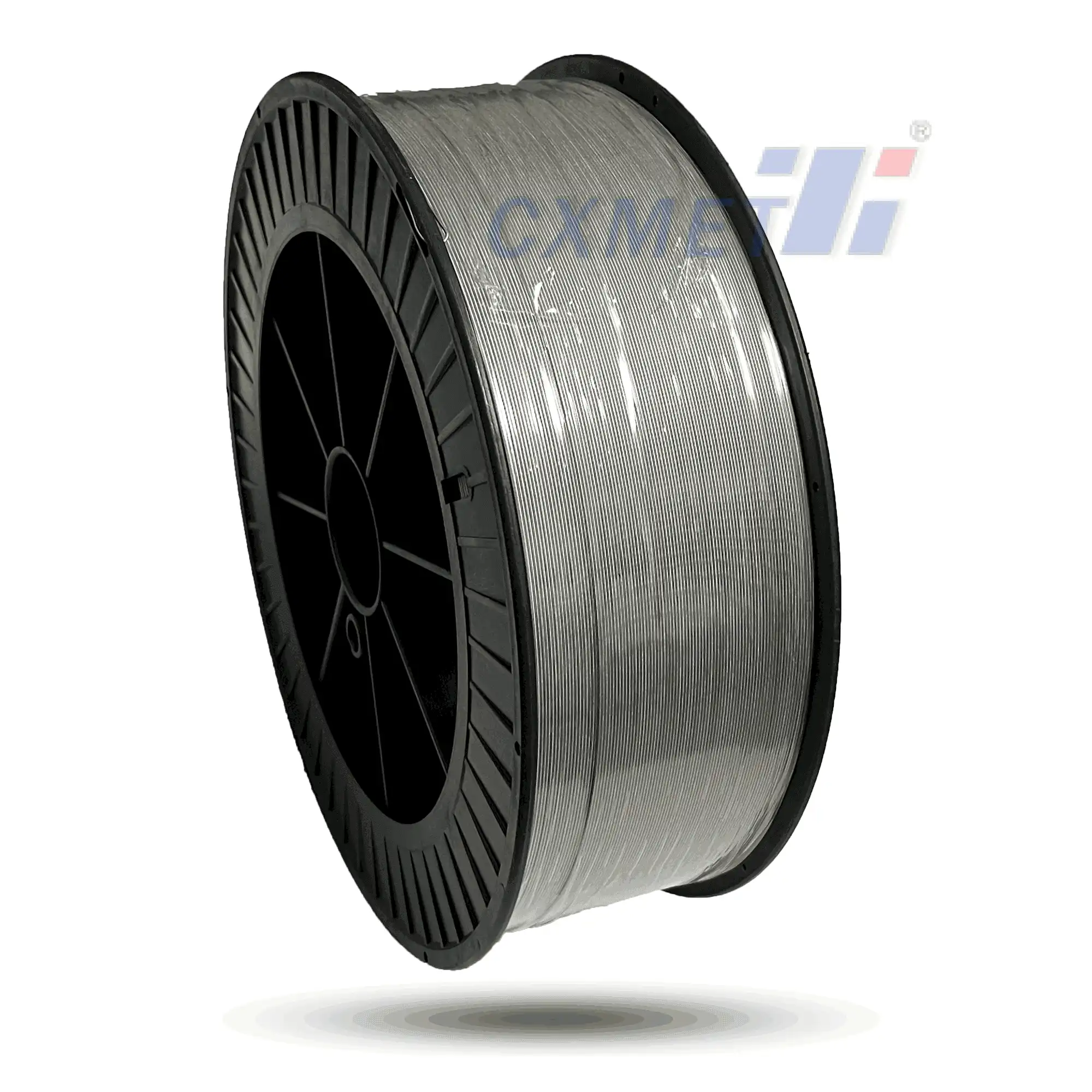
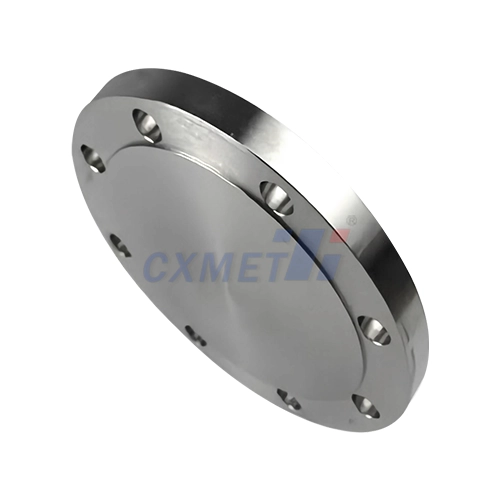
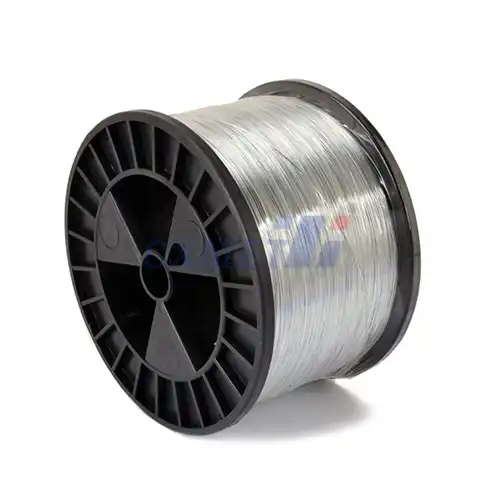
.webp)
